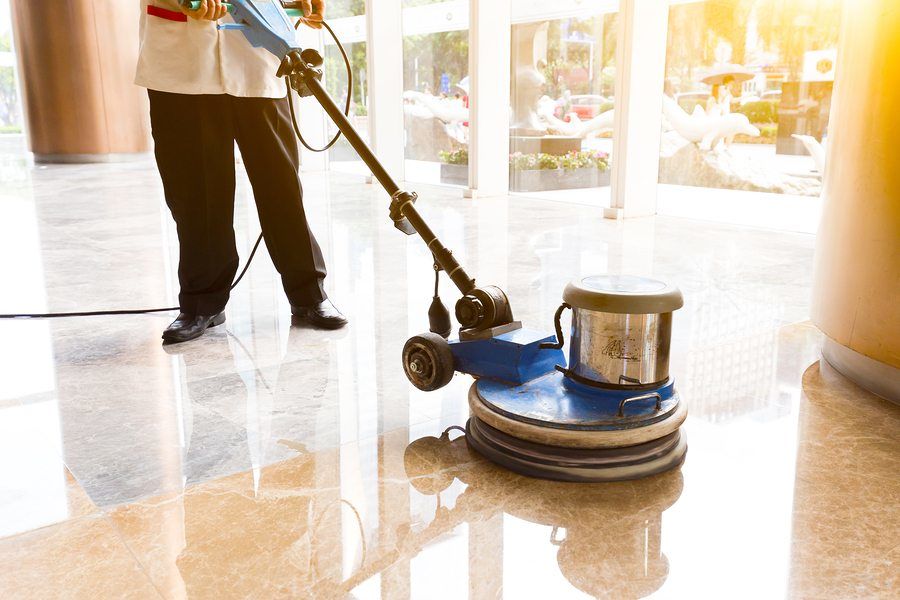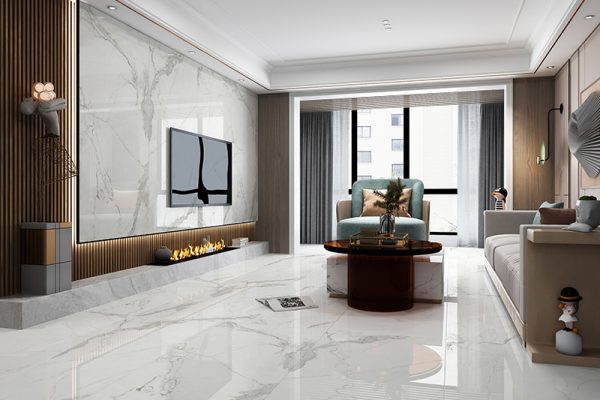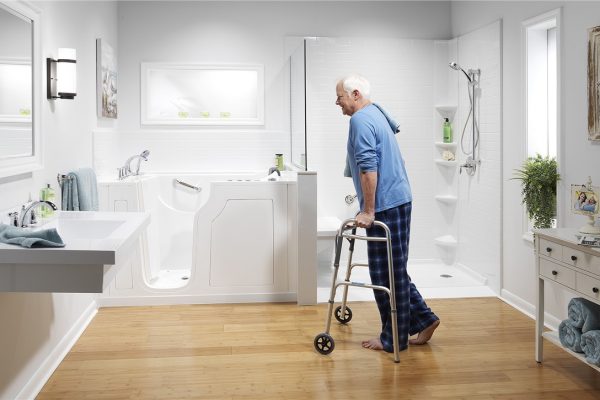Flooring is an essential element of commercial interior design. It’s the surface that people interact with the most and can affect their mood, so it needs to look good. Durability and sustainable materials are also becoming significant trends. For example, new vinyl floors that mimic the look of wood can be walked on for longer and will still be aesthetically appealing years later.
Aesthetics
Flooring is often the first element that business visitors notice and can shape their initial impression of a space. As such, it’s essential to choose an aesthetic that aligns with the desired ambience. You can find commercial flooring Manhattan NY, that precisely matches the style of a space by selecting from an array of design possibilities. Minimalist aesthetics are gaining popularity in commercial spaces, with a focus on clean lines and neutral color palettes. Wide-plank hardwood and textured concrete are two popular options that align with this design trend. Additionally, businesses are experimenting with pairing different flooring materials to create a cohesive and seamless appearance.
Sustainability is another major factor influencing flooring choices. Many businesses choose hardwood sourced from sustainably managed forests or reclaimed wood to align with their eco-conscious values. In addition, carpet tile is increasingly being used as it offers more flexibility in design and can be staggered to create a patterned look. Many products are now available with a matte finish that hides dirt and scratches more effectively.
Durability
Durability is an important consideration when selecting commercial flooring. Commercial spaces tend to see more wear and tear than residential properties, so it’s essential to find a flooring material that can stand up to high levels of foot traffic without showing signs of damage. Thanks to advances in vinyl technology, modern commercial flooring can convincingly imitate a variety of more expensive materials, making it a cost-effective choice for high-traffic areas. Select from an array of hues and patterns for your carpet tiles, a durable substitute that can be easily substituted when necessary. For upscale offices and luxury spaces, hardwood floors add a timeless and sophisticated aesthetic. Those looking to go green may opt for reclaimed wood or biobased tile made with rapidly renewable plant materials and low-VOC emissions.
Energy Efficiency
While a lot of emphasis is placed on a home’s windows, appliances, and insulation to make it energy efficient, many new buyers don’t realize how much the flooring they choose also contributes to their heating bill. The good news is that you don’t have to sacrifice style for efficiency – many of today’s most popular materials, like vinyl plank and efficient laminate, work well with radiant heat systems. In addition to insulating and regulating temperature, modern commercial flooring can improve acoustics by absorbing sound and eliminating excessive echoing. Acoustic comfort is just as important in the workplace as it is in a residential setting.
Increasingly, designers are choosing carpet tile as a sustainable choice because it’s easier to ship and is more customizable than broadloom. Plus, with office layouts becoming less defined by walls and partitions, carpet tiles can be used to create collaborative workspaces or add punches of color that raise employee morale. Some sustainable options even generate their power, like kinetic flooring that converts footsteps into electricity and reduces the reliance on non-renewable resources.
Health & Safety
Flooring can make a significant impact in a space, especially when it comes to color. Bold carpet options paired with grainy textures give businesses the ability to introduce vibrant, eye-catching designs that energize workers and reinforce brand messaging. Many modern commercial flooring options are eco-friendly and sustainable. Some offer slip resistance for improved safety, while others help reduce noise levels and acoustic discomfort. Commercial areas like hospitals, clinics (GP, veterinary, and dentist), schools, and airports lawfully require slip-resistant flooring that is also durable, hygienic, and easy to clean. Resilient and rubber floors are popular choices in these spaces because of their durability, acoustic properties, and customization.
Recycled vinyl tiles, reclaimed hardwood, and seamless epoxy floors are other sustainable commercial flooring options that provide a wide range of aesthetics. In addition, eco-friendly materials like bamboo and cork are harvested periodically without damaging the environment. At the same time, linoleum is made from natural ingredients and offers low emissions of volatile organic compounds.




